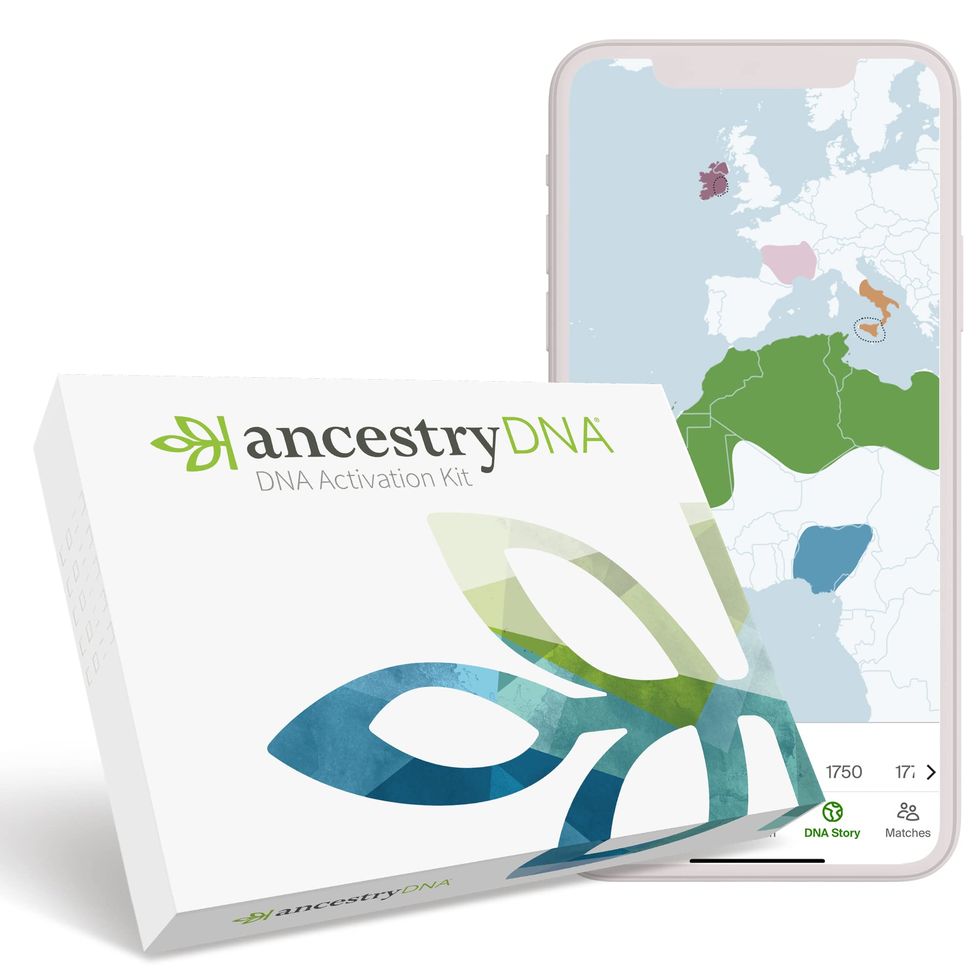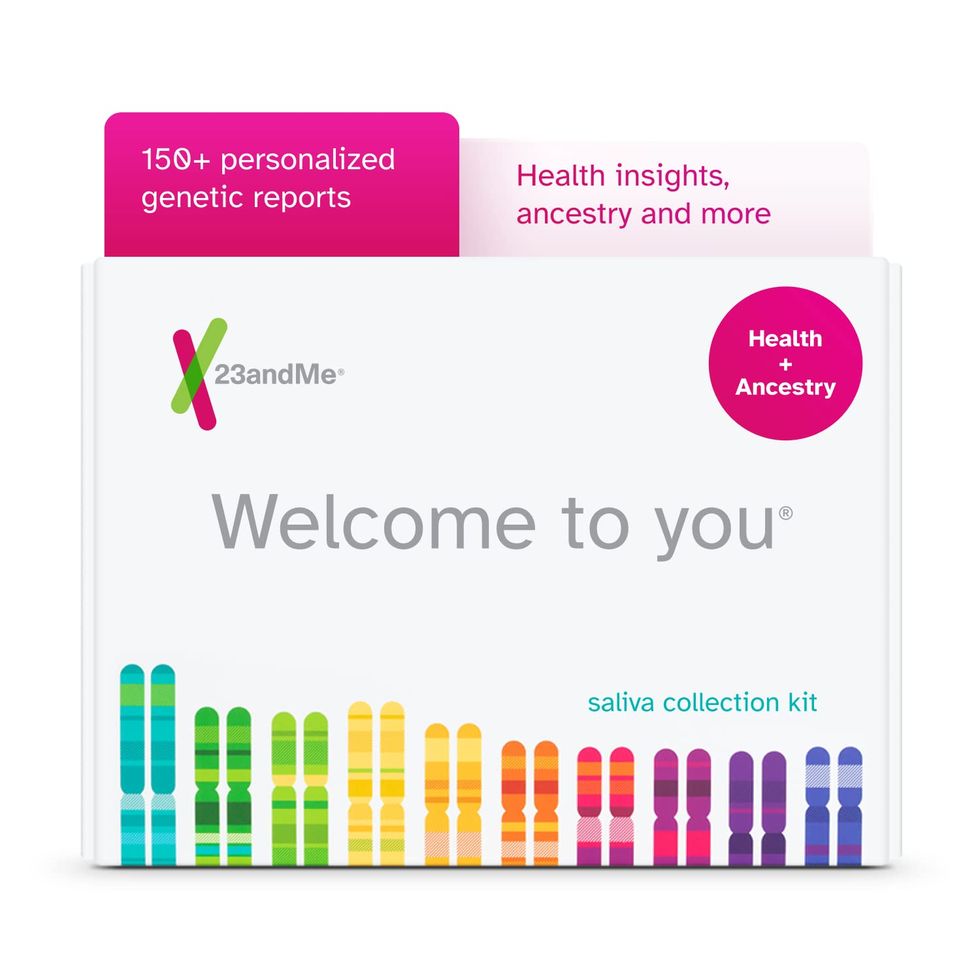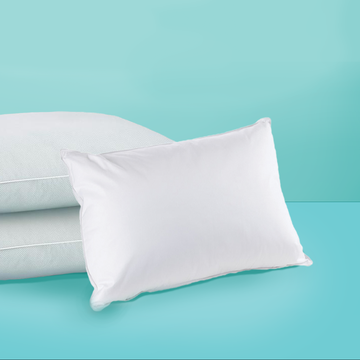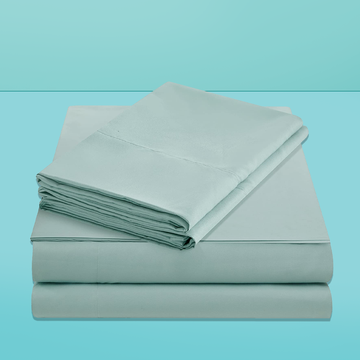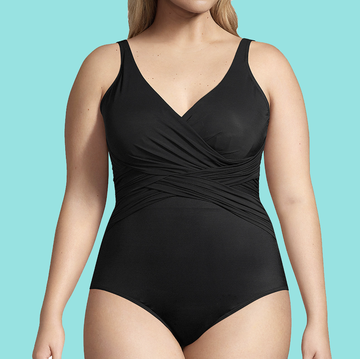The Best DNA Testing Kits of 2024
Discover parts of your ancestry you didn't know — starting at $80.

We've been independently researching and testing products for over 120 years. If you buy through our links, we may earn a commission. Learn more about our review process.
Perhaps you put together a family tree in the past or recently helped your kiddo create one of their own for school. Sorting through photos, documents and letters can be a meaningful way to draw branches from one part of the family tree to another. But a DNA testing kit can help you discover even more about your ancestry, including migration patterns and even insight into potential health risks down the line.
To find the best DNA testing kit, experts in the Good Housekeeping Institute reviewed the health and privacy parameters of each, relying on extensive market research and GH staffers' previous experience with top-performing kits. From there we narrowed down our selection to include top-rated testing kits that present accurate information, fall under a variety of budgets and have thousands of satisfied consumer reviews.
Courtney (she/hers) has spent the past 5 years testing everything from reusable straws to standing desks to homemade kombucha kits. A longtime reviewer, deals hunter, and lifestyle writer, she currently heads up the American Kennel Club's product review site Retrievest and previously worked as the Shopping Editor for USA Today’s Reviewed. Additionally, she has covered design and lifestyle trends for Apartment Therapy, Domino, SELF, and more. A graduate of Elon University, she loves telling everyone about what race she’s planning on running next while raving about her favorite running headphones (they’re bone conducting!).

